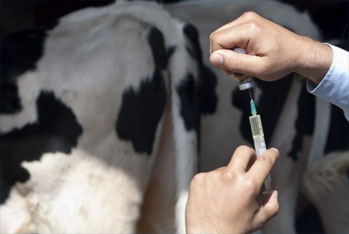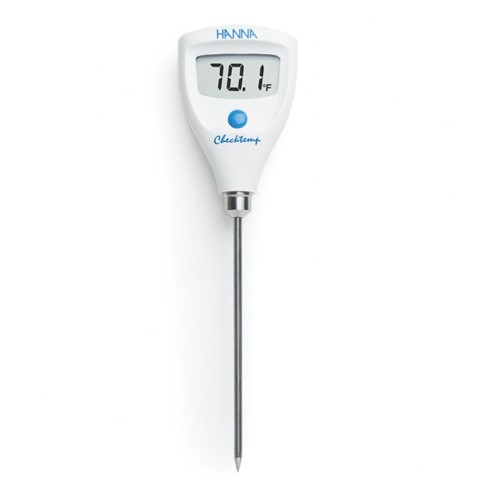How dangerous are antibiotics in milk

Photo is illustrative in nature. From open sources.
Milk is one of the most popular and nutritious foods that we consume every day. However, recent studies have shown that milk may contain antibiotic residues that can adversely affect human health. But just how dangerous are these antibiotic residues?
It must first be understood that antibiotics are used in animal husbandry to prevent and treat infections in animals. This allows to reduce the morbidity and mortality of animals, as well as to increase the productivity of animal husbandry. However, if animals receive more antibiotics than they need, then antibiotic residues may pass into the milk.
Drinking milk with antibiotic residues can lead to various health problems such as allergies, antibiotic resistance, and dysbiosis. However, the degree of danger depends on the amount of antibiotic residues in the milk. Most countries have strict milk quality control regulations and a ban on the use of antibiotics in milk production. There are also special milk processing methods that can remove antibiotic residues.
Therefore, if you want to be sure of the quality of milk, choose products from trusted manufacturers and follow the instructions for storing and preparing dairy products. In addition, you should not abuse the consumption of dairy products, especially if you are allergic to antibiotics.
In general, antibiotics in milk are a serious problem for human health. However, the right choice of products and following the rules of storage and preparation can help to avoid negative consequences. If you have any doubts about the quality of milk or other products, do not hesitate to contact a specialist for advice.




























































